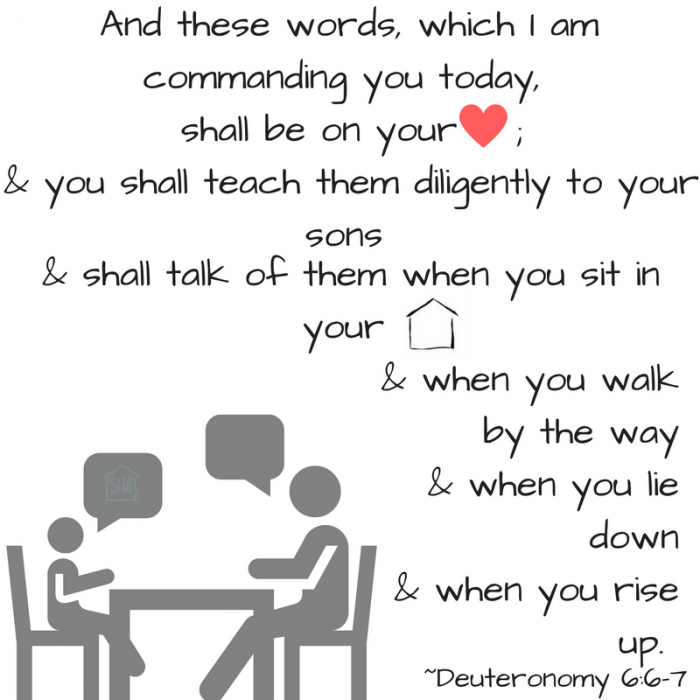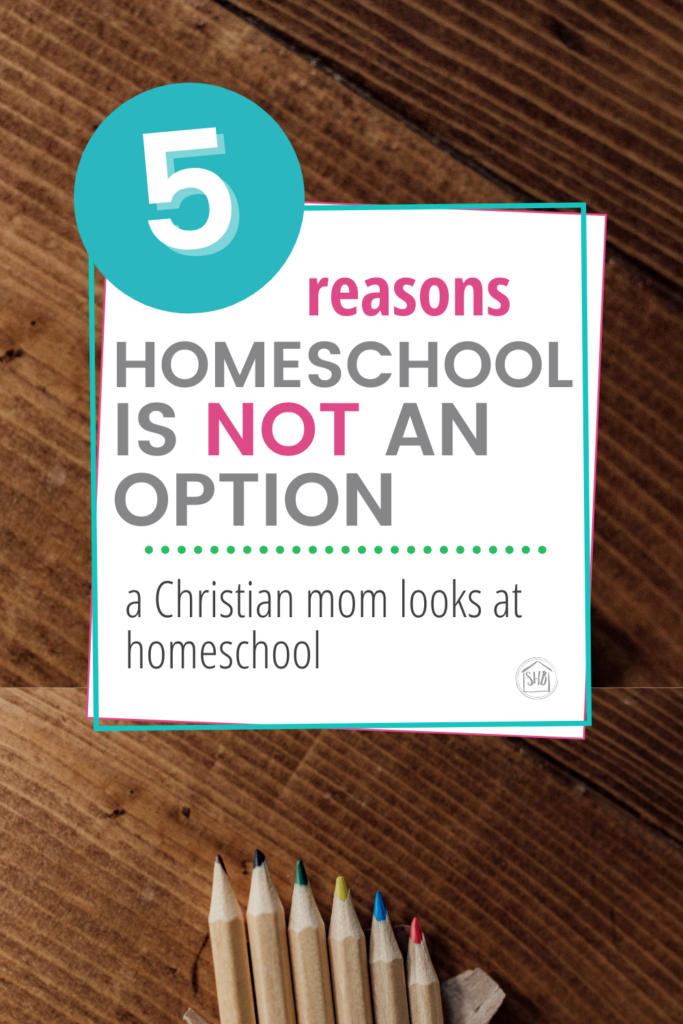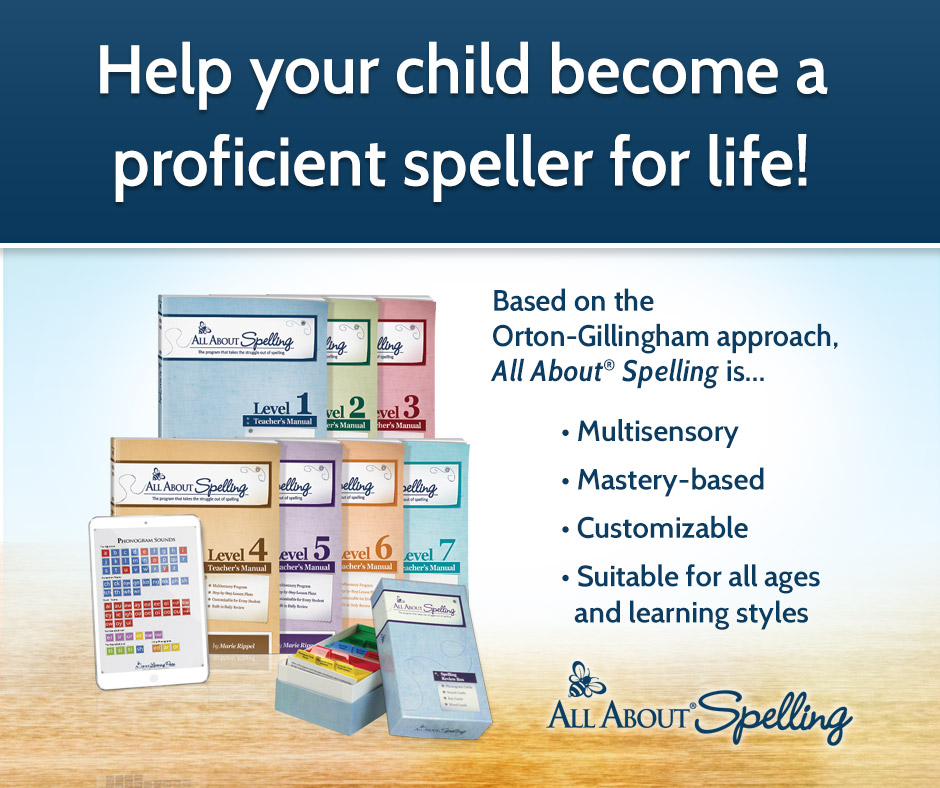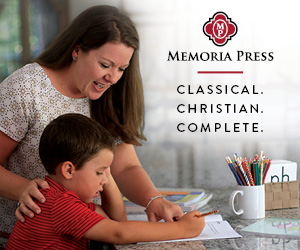
This post was initially published in August of 2016. I have reworked a couple of items in it for formatting purposes, but I still stand by these thoughts and words. I hope it is an encouragement to you.
You may have read my initial post on the decision-making process we are currently going through to determine if we are going to traditionally school or home school our oldest child. As I stated in that post, this topic and thought process runs deep and there are many things to consider. So here is the next thing I have in mind as I make the decision to home school or to send our daughter to traditional school: In many ways homeschooling is not an option. We are our children’s first (and I would argue, primary) teachers, whether we recognize it or not.
My kids are watching me. Every day they are watching me.
I can choose to think this is creepy (and I do), but I cannot change it.
They are observing how I behave, what I say, how I interact with other people, how I spend my time. And they are creating their perspective of the world and how it works based on my behavior. They are doing it with my husband, too. So they are already learning in the school of life that we established the moment we brought them into our home.
Thus My husband and I are, by default, our kids first teachers.
This post may include affiliate links. If you click and make a purchase based on my recommendation, I get a small remuneration at no extra expense to you. I only recommend things I use and believe to be a blessing.
The Biblical School of Life
If you have done any reading about what the Bible says about parenting or school options for Christian parents, you likely heard this verse first (and often):
And these words, which I am commanding you today, shall be on your heart; and you shall teach them diligently to your sons and shall talk of them when you sit in your house and when you walk by the way and when you lie down and when you rise up.
~Deuteronomy 6: 6-7
But let’s back up a little bit in Deuteronomy and get some context.
- First of all, Deuteronomy is a retelling of the events of the Exodus at the end of their long journey, it is a sort of parting message from Moses to the people. So he is going back over – it is review – and review is a great way to cement understanding. In chapter 5, the LORD (the creator of the Universe) spoke out loud to the people of Israel. What He said is what we know as the Ten Commandments.
- And the people responded how you would expect people to respond when the Creator of the Universe speaks out loud to them from the midst of the fire, of the cloud and the thick gloom, with a great voice. They said, “If we hear the voice of the LORD our God any longer, then we shall die.” So they sent Moses to go listen to God for them and then come back and relay the message.
- So in chapter 6, Moses comes back to the people and says, “This is the commandment, the statutes, and the judgments which the LORD your God has commanded me to teach you.”
- And thus Deuteronomy begins to retell the Law.
But before he tells them what the Law is, he tells them why God has given it to them. This is the important part!
He tells them that the point of the Law is:
so that you and your son and your grandson might FEAR THE LORD your God, to keep all His statutes and His commandments, which I command you, all the days of your life, and that your days may be prolonged.
(verse 2)
The purpose is that they would FEAR GOD, first.
Their fear of God would lead them to obedience.
And their obedience would be rewarded with longer life.
The bonus Israel would get for obedience is laid out in verse 3 – they would get to be in the land, the promised land.
NOTE: This is a literal land, a literal promise with a literal fulfillment.
A Look inside the Biblical School of Life
With that context in mind, let’s look again at the command to parents to pass on this Law to their children:
“And these words which I am commanding you today, shall be on your heart, you shall teach them diligently to your sons and shall talk of them when you sit in your house and when you walk by the way and when you lie down and when you rise up.”

Let’s talk about what we learn in these verses that can apply to the education of our children.
The Law, which can be summed up with two commands: love God and love others, are to be on your own heart first.
We cannot teach that which we do not know. So if we are going to educate our children and direct them in the way they should go, we need to be students ourselves. We need to know what the Law says; we need to be students of the Word of God. What we have poured into our hearts from the fountain of life, will well up out of us and be demonstrated without words to our children.
Proverbs tells us that out of the mouth the heart speaks. We will demonstrate to our children the virtues we want them to have when they are virtues that are settled down deep in our hearts. And the primary virtues we need to remember are to LOVE GOD and LOVE OTHERS (Matthew 22:36-40).
The commandments and statutes and judgments of God are to be taught diligently.
Oh, this is where life gets me! And this is where I think I fail to show my children the things I am supposed to – diligence!
Let’s define a couple of terms here: the word used in this verse for diligently in the Hebrew is connected to the word teach. So the English phrase “diligently teach” is from the Hebrew word shanan, which literally means “to whet, to sharpen.” It is not used often in the Old Testament, but when it is, it is most often translated “sharp.”
It is a different Hebrew word than what appears in Deut. 6:17 (“you should diligently keep the commandments of the LORD”). The word in Deut 6:17 is shamar which literally means to keep, watch, preserve.
I can’t resist telling you what Proverbs tells us about those who are diligent like shanan conveys.
- Their hands make them rich (Proverbs 10:4).
- The diligent (shanan) man’s hands become the leaders, the ones in charge (Proverbs 12:24).
- Diligence is described a the precious possession of a man (Proverbs 12:27).
- The soul of the diligent is made fat, while the soul of the sluggard craves and gets nothing (Proverbs 13:4).
- The plans of the diligent lead surely to advantage (Proverbs 21:5).
In short, Proverbs tells us there are demonstrable benefits for those who are diligent as Deuteronomy 6:7 advises.
The Law of God must be spoken to the next generation.
As I am sure you know, reading and writing was not the ancient way of conveying information. And in this modern time, it is still not the way that we pass truth onto our youngest kids. We must talk to them to teach them at the earliest stages of life. This speaks to the parent’s role of being her child’s primary teacher. From the moment we start speaking to our kids, we ought to be teaching them.
Indeed, we are teaching them – we just need to be mindful of what we are saying! And since the reading and writing part comes in later years, we must capitalize on the early years by speaking truth to our little ones. The authors of Proverbs understood that the Word of wisdom must be spoken – just watch how many times they instruct their sons to listen, hear, and heed their words.
The Biblical school of life is everywhere!
Moses told the wandering ones in the desert they must talk of the commandments and statutes of God, “shall talk of them when you sit in your house and when you walk by the way.”
The physical world of a little one is as big or as small as a parent chooses it to be. They can stick close to home or they can travel the world with their young ones. But the school of life goes wherever parent and child go. The process of teaching young ones begins early and goes everywhere. Thus, there is never a place where learning and teaching cannot happen.
Rather, every place in your home and every place in the wider world is a classroom for your kid. The answer to the question of sending them off to school or keeping them at home does not change the fact that you are their primary teacher. The responsibility to teach our children does not end when I send them out the door.
The Biblical school of life is always!
The last part of the verse tells us we are to be teaching our children, “when you lie down and when you rise up.” This speaks to the time of day rather than the activity. So it is essentially saying that teaching is going on throughout the day – morning and night.
There is no school bell in the school of life – learning is always and ever taking place. Remember at the beginning of this article, when I said our kids are watching us? They don’t stop making observations at the end of a “school day.” So, in a sense, we are always on. We need to be mindful of what we are saying and doing at all times!
My Homeschool Lesson Plan
The details brought out in this passage lead me to be incredibly mindful of how I teach my child. And they point to the fact that, for a Christian parent, the decision to homeschool is not an option. Even if I send my little one away to daycare, or preschool, or public school, or private school, I don’t relinquish my role as my child’s primary teacher. We signed on to that role the moment we brought them into our home.
And as I consider these verses, I am reminded that I must be intentional about teaching my children. I need a lesson plan, so to speak.

So, I came up with a short list of things I want each one of my children to know when they graduate from our School of Life. They are not dependent on any of my children’s aptitudes or mental abilities. They are things that should be achievable for every one of my kids. Here’s my lesson plan, what I want to make sure my children learn:
- to love and trust Jesus (Mark 12:28-34)
- where to go when life’s problems come – God’s word (Psalm 119)
- the power and meaning of forgiveness and restoration (Romans 5:6-11)
- correct moral behavior (Galatians 5:13-26)
- proper etiquette and manners (Colossians 3)
You will note these goals can be broken down into the two categories that the Law can be broken into: loving God and loving others. And you will note that they are directed at teaching God’s wisdom and God’s word to them. You will also note that these are not things that are typically taught in schools, no matter what school. Thus, they are the important things I must teach my children, early and often.
Have you taken the time to consider what your school of life looks like? Have you taken the time to create a lesson plan for your kids? I encourage you to be intentional about teaching your kids diligently through the early years and even if you decide to send your kids to traditional school.














